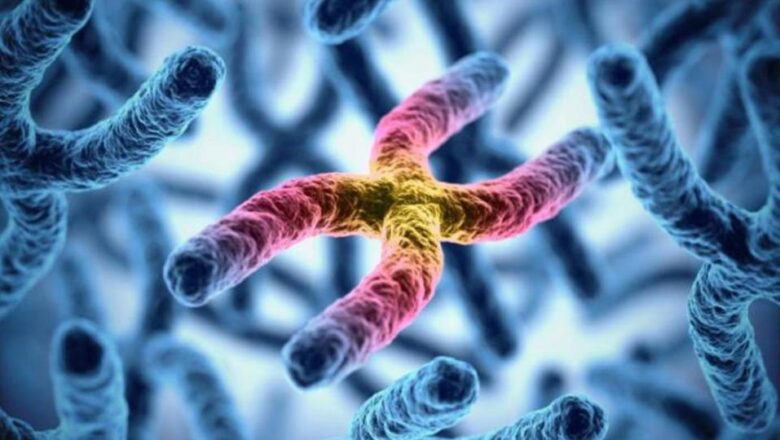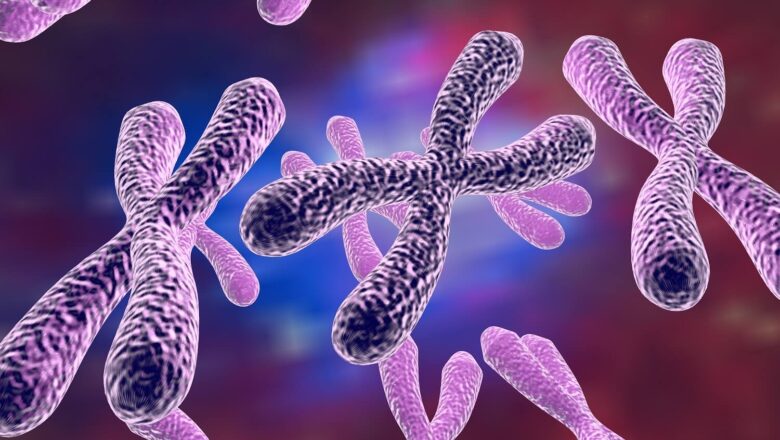
Turner Syndrome: Single X Chromosome Anomaly and Its Effects
Turner syndrome is a genetic disorder that usually occurs in girls. This syndrome is characterized by a fundamental abnormality in the individual's genetic makeup: the presence of only one X chromosome. It is a condition that causes significant changes in physical characteristics. It also manifests itself with various effects on growth, sexual development and fertility. In this article, we will examine the basic features and effects of Turner syndrome in detail.
What is Turner Syndrome?
This syndrome is a genetic disorder usually seen in girls. In this case, the individual is missing one of the sex chromosomes. So there is usually one X chromosome.
Single X Chromosome: At the Basis of Genetic Anomalies
This syndrome is usually associated with the individual having only one X c...

